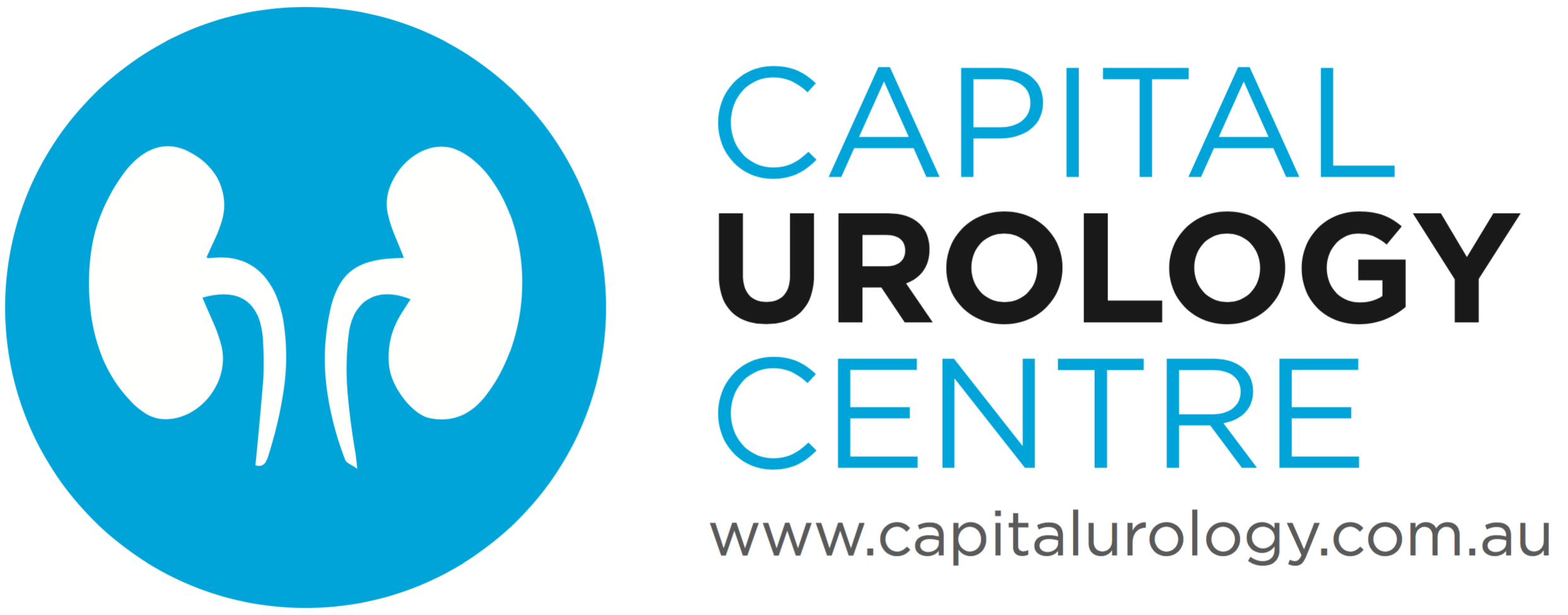Androgen Deficiency / Hypogonadism
Androgen, or testosterone, deficiency is when the body is not able to make enough testosterone for the body to function normally. Although not a life-threatening problem, androgen deficiency can affect your quality of life.
Androgen deficiency may be caused by genetic disorders, medical problems, or damage to the testes or pituitary gland. Androgen deficiency happens when there are problems within the testes or with hormone production in the brain. Klinefelter’s syndrome is a common chromosomal disorder that causes androgen deficiency. In fact, about one in 200 men under 60 years of age will suffer from androgen deficiency as a result of diseases of the testes, hypothalamus or pituitary gland.
One in 10 men may have testosterone levels lower than those in younger men, however, it is often linked with chronic illness and obesity. It is not known yet whether testosterone treatment is beneficial to these men. It is likely that androgen deficiency is under-diagnosed and that many men may be missing out on the benefits of treatment.
The symptoms of androgen deficiency are different for males at different life stages (ie early childhood, early teens, adulthood and later life (over 60 years). Symptoms include low energy levels, irritability, mood swings, poor concentration, reduced muscle strength and low sex drive.
Hypogonadism is usually treated with hormone replacement therapy and can be used in young as well as adult patients. Testosterone replacement therapy is beneficial in restoring sexual function, muscle and bone strength and general wellbeing in adult patients. In younger patients it is used to stimulate puberty and the development of sexual characteristics.
The information on this website is provided to reinforce any advice you have received from your GP and others involved in your care and is not intended to replace discussions with your doctor.
